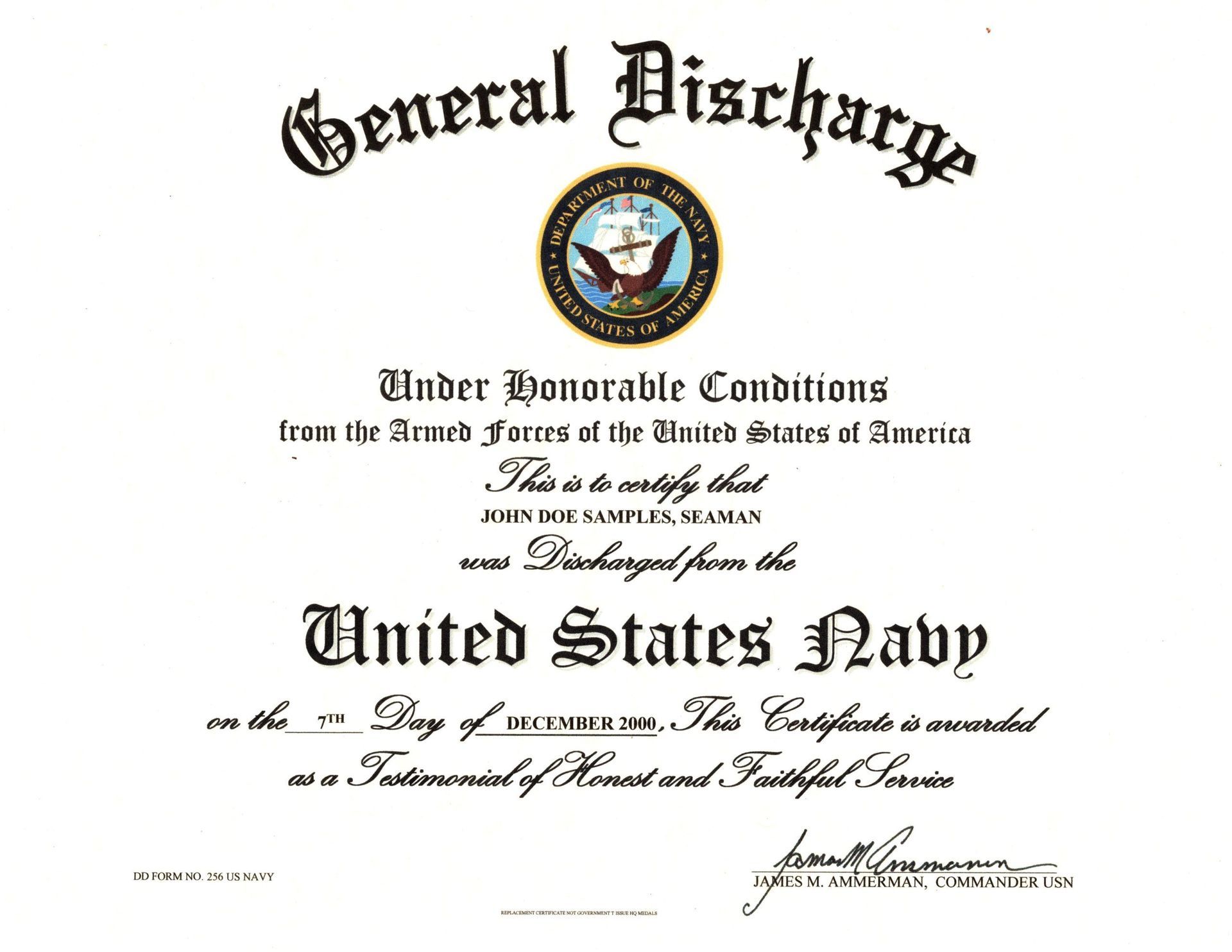Head Injuries: Understanding Traumatic Brain Injury (TBI)
Traumatic Brain Injuries

If you've served in the military, chances are you've heard or encountered traumatic brain injury, or TBI. But did you know that TBIs don't always result from massive explosions or dramatic injuries? Even seemingly minor incidents can cause lasting brain injuries, impacting your daily life in ways you might not immediately recognize.
What is a TBI?
A traumatic brain injury happens when your brain experiences trauma from a blow, jolt, or penetration of the skull. This can range from severe blasts in combat to seemingly minor incidents like falls or vehicle accidents. Importantly, many veterans don't realize they've suffered a mild TBI because symptoms may not appear immediately or might initially seem unrelated.
How TBI Can Impact Your Life
The effects of TBI are varied and can significantly disrupt your daily routines, work capabilities, and relationships.
Symptoms often include:
- Persistent headaches
- Cognitive difficulties, including memory loss or trouble concentrating
- Mood swings and irritability
- Difficulty sleeping or fatigue
- Sensitivity to light and sound
Because these symptoms are broad, they can be easily mistaken for other conditions, making diagnosis challenging without proper medical evaluation.
VA Ratings and Compensation for TBI
The VA rates TBI under diagnostic code 8045 (38 CFR §4.124a), evaluating three primary areas:
- Cognitive impairment
- Emotional/behavioral dysfunction
- Physical dysfunction
Each area is separately rated on the following scale:
- 0% – Minimal or no symptoms; no impairment.
- 10% – Mild symptoms; symptoms do not significantly interfere with daily activities.
- 40% – Moderate impairment; clear cognitive, emotional, or physical dysfunction affecting daily life.
- 70% – Severe impairment; significant symptoms with substantial interference in daily living activities.
- 100% – Profound impairment; completely disabling symptoms that prevent independent living.
These ratings differ from PTSD ratings, which are primarily based on psychiatric symptoms' frequency, severity, and duration, specifically under diagnostic code 9411 (38 CFR §4.130).
Little-Known Tips to Maximize Your TBI Compensation:
- Secondary Conditions: Many veterans don't know that conditions like depression, anxiety, tinnitus, migraines, and even insomnia can be rated separately as secondary conditions related to TBI, increasing overall compensation.
- Comprehensive Medical Evaluations: Be thorough in medical examinations. Documenting how your symptoms impact daily life can significantly affect your rating. If initial evaluations missed key symptoms, you could request a new C&P (Compensation and Pension) examination based on worsening symptoms or newly identified issues.
- Buddy Letters: Detailed buddy statements can make a significant difference. If you have fellow service members or family who witnessed the incident or have observed the changes in your behavior and functioning, their statements could substantially support your claim.
- Proposed Changes and Updates: Stay alert to recent or upcoming changes in VA regulations. For instance, the VA has proposed periodic updates to better align TBI ratings with current medical understanding, potentially impacting your rating positively. Additionally, recent DoD policies emphasize the importance of thorough screenings for mild TBIs following even minor concussive events during service.
Law in Your Favor:
- VA examiners must clearly differentiate symptoms attributable to TBI from those related to PTSD or other mental health conditions, which can help increase accuracy in ratings and potentially enhance your compensation.
- Case Law: The case of Saunders v. Wilkie (2018) emphasizes that functional impairment, even without a formal diagnosis of a chronic condition, could justify compensation if clearly connected to service. This precedent can strengthen claims where a TBI’s symptoms clearly impact life, even if initial medical evaluations were inconclusive.
Navigating a TBI claim can be complex, but understanding these nuances can significantly influence your outcome. If you suspect you have a TBI or your symptoms have worsened, taking immediate action can lead to better support, accurate ratings, and improved quality of life.
TBI claims are broad, varied, and hard to win. Let us help you.
Contact Us:
clientservices@rmvap.org
Phone: (720) 253-0963




